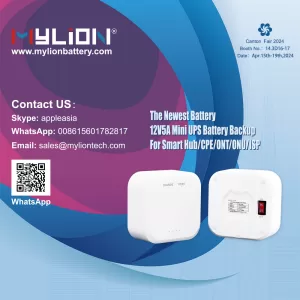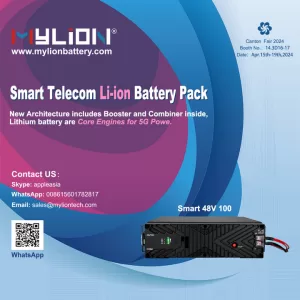What are the benefits of solar energy?
Solar Energy: Definitions, Advantages, and Disadvantages
Sustainable development is all about using renewable energy, not fossil fuels. More than 1 million homes in the UK rely on solar energy. This is why solar energy is growing in popularity. We’ll discuss the pros and cons of solar energy and other facts about solar energy in this article.
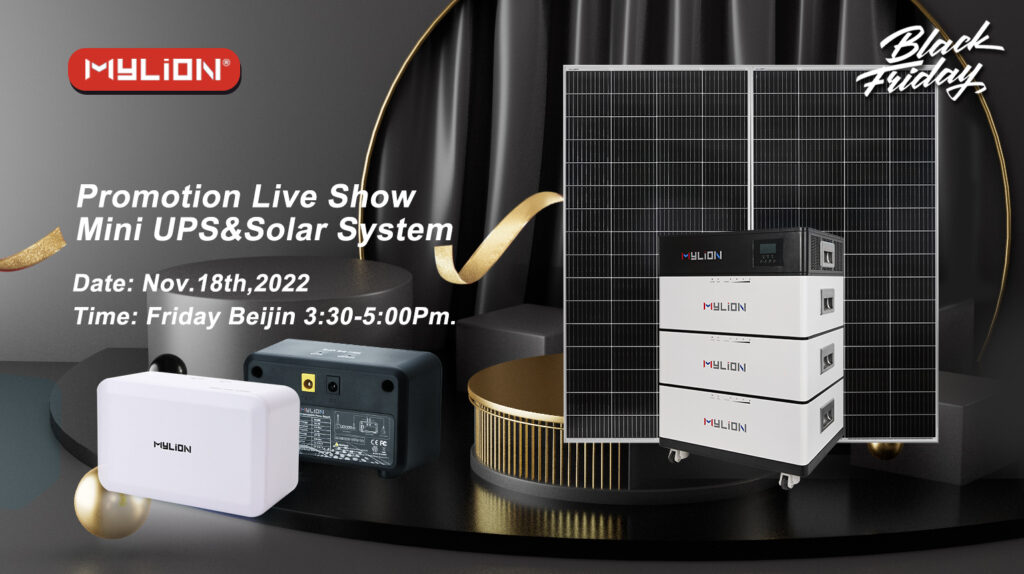
How does solar power work?
The sun’s electromagnetic radiation makes solar energy a renewable source of energy that is infinitely available and inexhaustible. It produces electricity and heat in an entirely sustainable manner that is free.
Is solar power renewable?
Solar energy doesn’t produce any greenhouse gases or air pollution. Solar energy has a major environmental impact on the environment. Large solar energy farms can cause habitat loss and land use.
How does solar energy get produced?
You can get solar energy from mirrors and panels.
- Photovoltaic cells convert sunlight directly to electricity through the “photoelectric effect,” which allows certain materials to absorb photons and release electrons. This creates an electrical current.
- Solar thermal collectors: Use panels or mirrors to absorb the sun’s heat, then transfer it to a liquid. The liquid can then be used in buildings or facilities to produce electricity.
This energy can also passively be utilized through bioclimatic architectural methods.

Types and uses of solar energy
There are three types of solar power:
- Photovoltaic Solar Energy: Used to generate electricity
- Solar thermal energy:Use solar thermal energy to heat water
- Passive solar power: This is directly derived from sunlight.
Photovoltaic solar energy
Photovoltaic energy is a form of solar energy that converts light into electricity. These photovoltaic panels are composed of groups of cells or solar cells that transform light (photons) into electric energy (electrons).
Photovoltaic solar energy is the direct generation of electricity from sunlight. Photovoltaic panels are silicon cells that convert light and heat from sunlight into electricity. This is possible thanks to the installation of a photovoltaic solar panel. These panels can be used to install solar panels on homes and buildings or on larger scales in larger facilities.
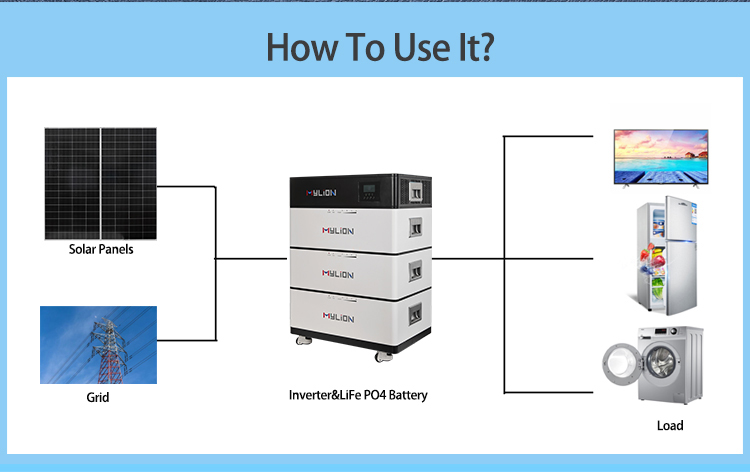
Types of photovoltaic installation:
- Self-supply with solar panels
- Photovoltaic production plants.
Photovoltaic panels cannot produce heat and can, therefore, not be used to store solar energy. The excess photovoltaic energy produced can still be used to power the grid. This is called excess photovoltaic production. Photovoltaic panels have made energy self-supply more democratic. This means that every home can generate electricity and lower its electricity bills. The best way to become self-sufficient in energy production is with solar energy.
Thermosolar energy is also known as solar thermal energy. It uses the sun’s heat to generate heat. This heat can then be used at home (to heat one’s home, cook, or for personal hygiene) and at work, where it transforms this energy into electrical energy.
Solar thermal energy is heat that uses mirrors to concentrate the sun’s rays into a receiver. It can reach temperatures up to 1000°C. This heat is used to heat liquids, creating vapor and moving turbines that produce electricity. Solar thermal collectors use panels or mirrors to absorb solar heat and transfer it to liquids.
There are three types:
- Low-temperature solar thermal power: collectors that are low in temperature can produce temperatures up to 65oC
- Medium temperature solar thermal power: collectors with medium temperatures can reach temperatures up to 300oC
- High-temperature solar thermal energy: collectors that produce temperatures exceeding 500oC can generate high-temperature solar thermal energy.
Passive solar energy?
Photovoltaic and solar thermal energy use different technologies to harness the sun’s energy. This is called active solar energy. Solar energy can also be collected passively, without the need for any collection or use. This is the oldest way to benefit from solar radiation.
- The goal is to maximize the properties of your home.
- It should be in the most convenient place.
- It assures that the building is well-oriented.
- Insulating your home
- The best roofing
- Protect yourself.
This passive solar energy is primarily obtained by bioclimatic architecture. It is a method of creating buildings that use the sun’s energy to heat and cool them.
What does solar energy serve?
Solar energy can be used for many purposes. These are the most popular uses of solar energy:
- Generate electricity;
- Heat water
- Produce solar cold and heating
- Water crops
- Exterior areas should be illuminated
- Solar cars and other inventions
What is the energy produced by a solar panel?
One kilowatt of solar panels can generate 700 to 900 units of electricity annually in average UK weather conditions. It doesn’t matter where you live in the UK. Cornwall, for instance, receives 30% more solar power than northern Scotland.
Solar energy’s advantages and disadvantages
It is becoming increasingly clear that solar energy will be the future. Although there are many benefits to solar energy, it’s important to understand the pros and cons before you install any solar energy system.
The pros and cons of solar energy
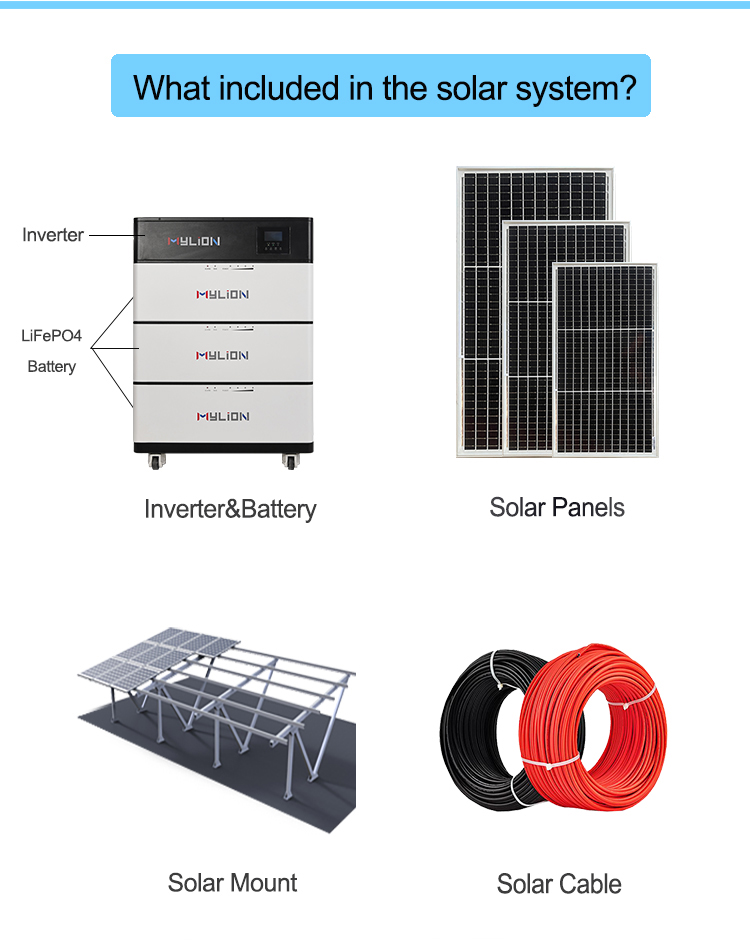
What are the benefits of solar energy?
- 100% inexhaustible, renewable energy that is free and unlimited
- There are no polluting or toxic emissions in the air.
- Reduces fossil fuel use
- Increasingly competitive energy source
- This reduces dependence on the natural gas or electricity grid.
- Subsidies to self-supply
- Climate change: Key measures
- Local employment and wealth creation.
What are the drawbacks of solar energy?
- Intermittent energy;
- The very high initial investment
- The location of your home.
Solar energy for the UK
At the end of 2020, renewable energy (solar, wind, biomass, and hydro) was the dominant energy source in the UK. Recent figures show that renewable energy is responsible for approximately 43% of UK energy resources, while fossil fuels account for 38%.
The UK gets less sun than sunnier countries like Australia. However, solar power, which is still the third most-generated renewable energy in the UK after wind and biomass, is still a major energy source. It is estimated that approximately 900,000. Homes in the UK have solar panels. The combined solar power generation capacity of the UK is 13.26 GW. However, each location will have a different rate of electricity generation. Homes with solar panels installed in the south will generate more electricity because there are more sunlight days each year.
The Digest of UK Energy Statistics shows how much solar power has grown in the UK over the past decade. Only 1% of the UK’s renewable energy mix was made up of solar PV energy in 2011. This had risen to 28% by 2020.
UK Solar Energy: Facts
- Solar energy storage batteries installed in 4.4 million homes could provide enough flexibility for a complete flattening of spikes in electricity demand.
- One million UK rooftops have some form of solar panel or other solar technology.
- The UK could triple its solar energy capacity by 2030, which would reduce total carbon emissions by 21.2million tonnes annually. This is because fossil fuels are being replaced by cleaner power.
Switch to 100% Renewable Energy and Save Money!
Find an offer that best suits your needs!
Call Mylion and our energy experts will help answer all your questions.




